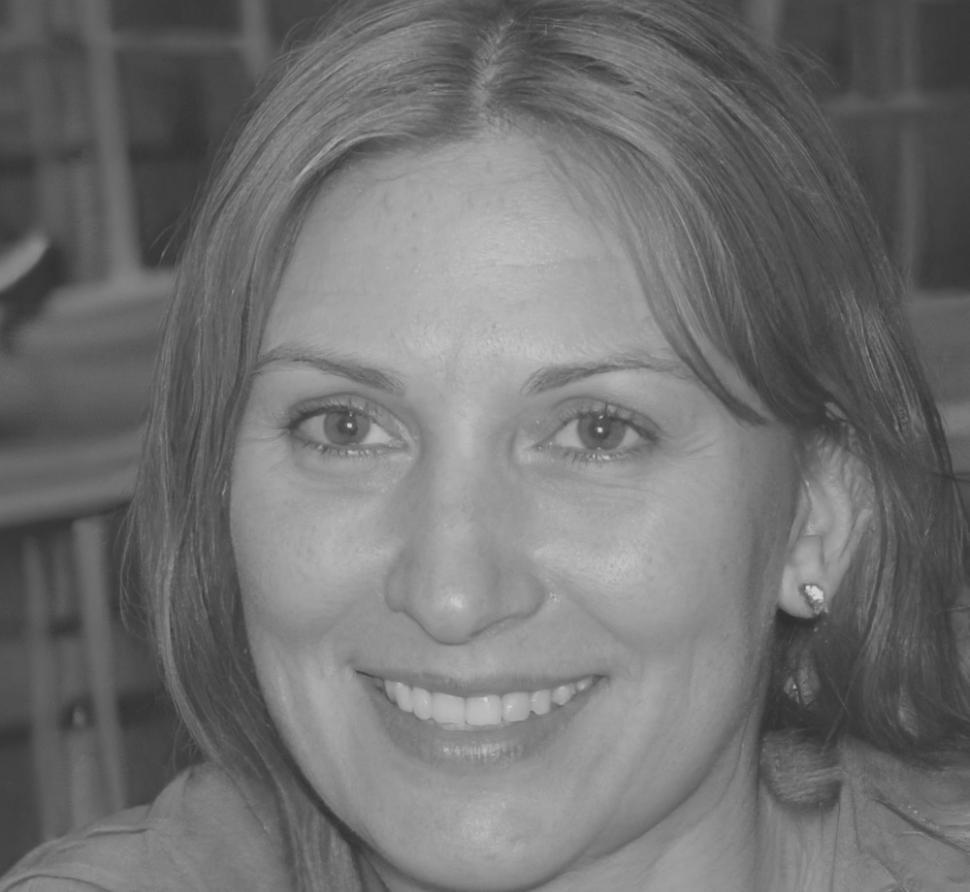Business Finance Education That Makes Sense
We teach financial management through real business scenarios. Not theory that sounds impressive but doesn't help when you're actually running a company. Our programs start in September 2025 and focus on what matters—cash flow, forecasting, and decisions that affect your bottom line.
View Learning Programs
How We Approach Financial Education
Most finance courses drown you in academic models. We focus on the practical skills that business owners need when dealing with growth, planning, and the occasional crisis.
Context Over Complexity
Financial statements are useful, but understanding how they connect to your business decisions is what actually matters. We teach you to read the story behind the numbers.
Real Scenarios
Our case studies come from actual businesses—some that succeeded, some that struggled. Learning from both outcomes gives you better judgment than theoretical perfection.
Decision Framework
We help you build a personal approach to financial decisions. Because copying someone else's system rarely works—your business has its own rhythm and priorities.

What You'll Actually Learn
Look, most people don't need to become accountants. But every business owner needs to understand where money goes, why forecasts fail, and how to spot trouble before it becomes expensive.
Our curriculum covers the essentials without pretending everyone needs MBA-level complexity. Some businesses run perfectly well with straightforward financial systems. Others need more sophisticated approaches. We help you figure out which camp you're in.
- Cash flow management that accounts for seasonal fluctuations and growth phases
- Financial planning that adjusts when reality doesn't match projections
- Performance metrics that reveal what's working and what needs attention
- Funding strategies for different business stages and market conditions
Our Teaching Method
We built this program after watching too many business owners make preventable financial mistakes. Not because they were careless, but because traditional education didn't prepare them for practical realities.
Foundation Assessment
We start by understanding your current financial literacy and business context. No point teaching advanced concepts if basic cash flow management isn't solid yet. This initial phase helps us customize the program to match where you are.
Structured Learning Blocks
Each module focuses on specific financial competencies. We combine instruction with practical exercises using anonymized real business data. You'll work through scenarios that mirror challenges you might face—revenue shortfalls, expansion decisions, efficiency improvements.
Applied Projects
Theory only sticks when you apply it. You'll develop financial frameworks for your own business or analyze detailed case studies. These projects reveal gaps in understanding and build confidence in your analytical abilities.
Ongoing Support
Financial management isn't something you master once and forget. Markets shift, businesses evolve, and new challenges emerge. Participants get access to updated materials and quarterly workshops as industries and regulations change.
Learning From Actual Experience
I've spent fifteen years working with Australian businesses—from family operations turning over a few hundred thousand to mid-market companies doing twenty million plus. The financial challenges differ in scale, but the core principles stay consistent.
What frustrates me is how much bad advice circulates about business finance. People promote strategies that work in specific circumstances as universal solutions. Or they oversimplify complex situations until the guidance becomes useless.
Financial education should prepare you for decisions you'll actually face—not theoretical perfection that falls apart under pressure.
Our programs draw from successes and failures across multiple industries. You'll learn what worked, what didn't, and more importantly—why. That context helps you make better judgments in your own situation.

Who Runs These Programs
We keep the teaching team small and experienced. Everyone here has managed real business finances—not just studied them.

Corbin Thatch
Senior Financial Educator
Corbin spent a decade as CFO for manufacturing companies before transitioning to education. He's particularly good at explaining financial concepts to people who don't have accounting backgrounds—probably because he started his career in operations, not finance.

Rhiannon Vex
Business Finance Specialist
Rhiannon works with service businesses on financial planning and performance measurement. She's developed frameworks that help companies understand unit economics without getting lost in spreadsheet complexity. Her approach emphasizes clarity over sophistication.
Programs Begin September 2025
We're taking registrations now for autumn cohorts. Class sizes stay small—usually twelve to fifteen participants—so we can provide meaningful feedback on your work.